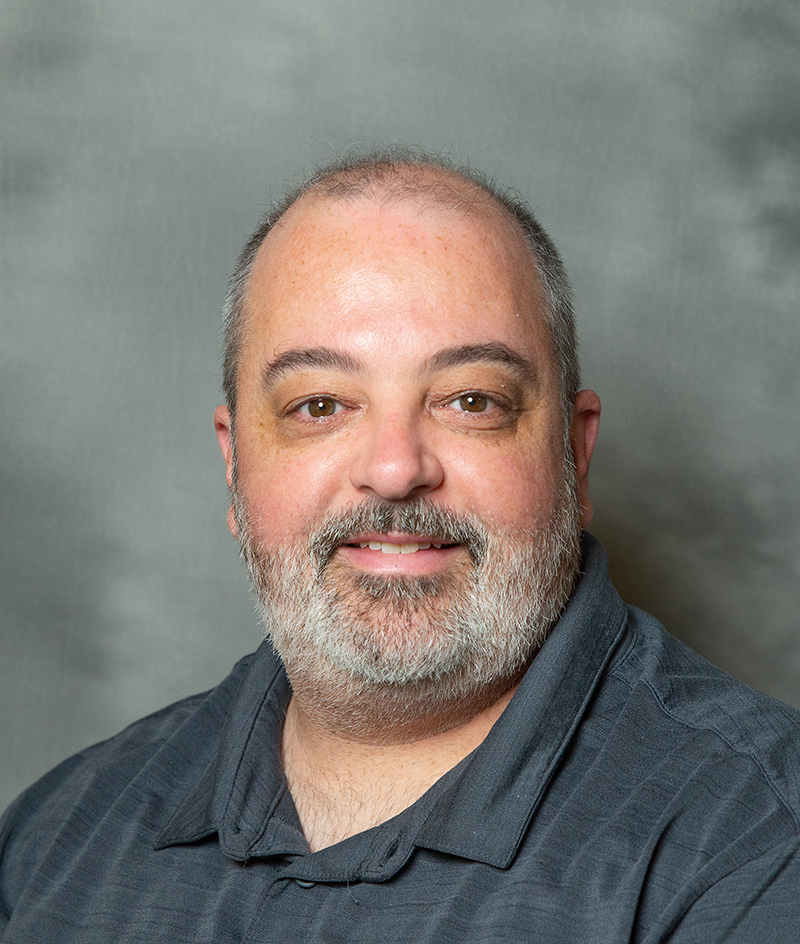Researchers Cast Doubt On Remote Learning Mental Health Strains
Touro's Dr. Michael Barbour draws distinction between 'online' and forced 'remote' settings

The question that arose in the midst of COVID education shutdowns was if remote learning was contributing to poor mental health of students.
An opinion article authored in University Affairs that examined more than 80 different studies on the topic revealed the answer as a resounding “it’s complicated.”
Dr. Michael Barbour, a professor of instructional design at Touro University California, along with co-authors George Veletsianos, a professor and Canada Research Chair in Innovative Learning and Technology at Royal Roads University; and Stephanie Moore, an assistant professor at the University of New Mexico, first drew a distinction between online learning and forced remote learning.
The general difference between the two is with the choice of the student. In an online course, students choose to take the class in that format. In remote learning, students have no choice.
Journalistic references interchanging the two freely is partially to blame for clouding the understanding of the question, Barbour explained.
“Online learning continues to be referenced in the media, often described in negative ways, without drawing that distinction,” Dr. Barbour said.
Further clouding the question were studies that Barbour cited as not being the most stringent methodologically.
“Academics, it turns out, aren’t much better than journalists when it comes to these types of issues,” he said. “There were numerous studies with conclusions that showed ‘because this happened then that happened, this must have caused that,’ which is a correlation-causation determinant, which is a methodological fallacy.”
Some of the more academically rigorous studies, Barbour pointed out, actually found that remote learning was one of the few factors not promoting poor mental health in children.
“They still had to get up in the morning and be ‘in class,’ and they still had to do homework,” Dr. Barbour said. “For most these kids, they couldn’t go hang out with their friends, Little League ended, Juniors Hockey ended … school was the only routine that didn’t end.”
The state of mental health being impacted by remote learning is less of a concern, Barbour said, than the general lack of preparation districts have put in to optimize learning in both spaces, online and in-person. A so-called ‘toggle term’ would allow students, for instance, to leave their face-to-face classroom on a Friday, go to a remote setting Monday morning and have no loss of quality or continuity.
Districts around the world are still unprepared to adopt this learning framework, Barbour said.
Dr. Barbour said he didn’t understand “why districts didn’t close at the end of the school year and train teachers how to be prepared to teach a toggle term.”
Districts, in fact, are not much better prepared for a major disruption now than in early 2020, he added.
“If, in three years, we have another pandemic, we’ll be scrambling just as much as we did before,” Dr. Barbour said.
